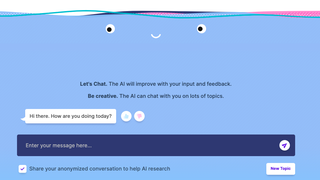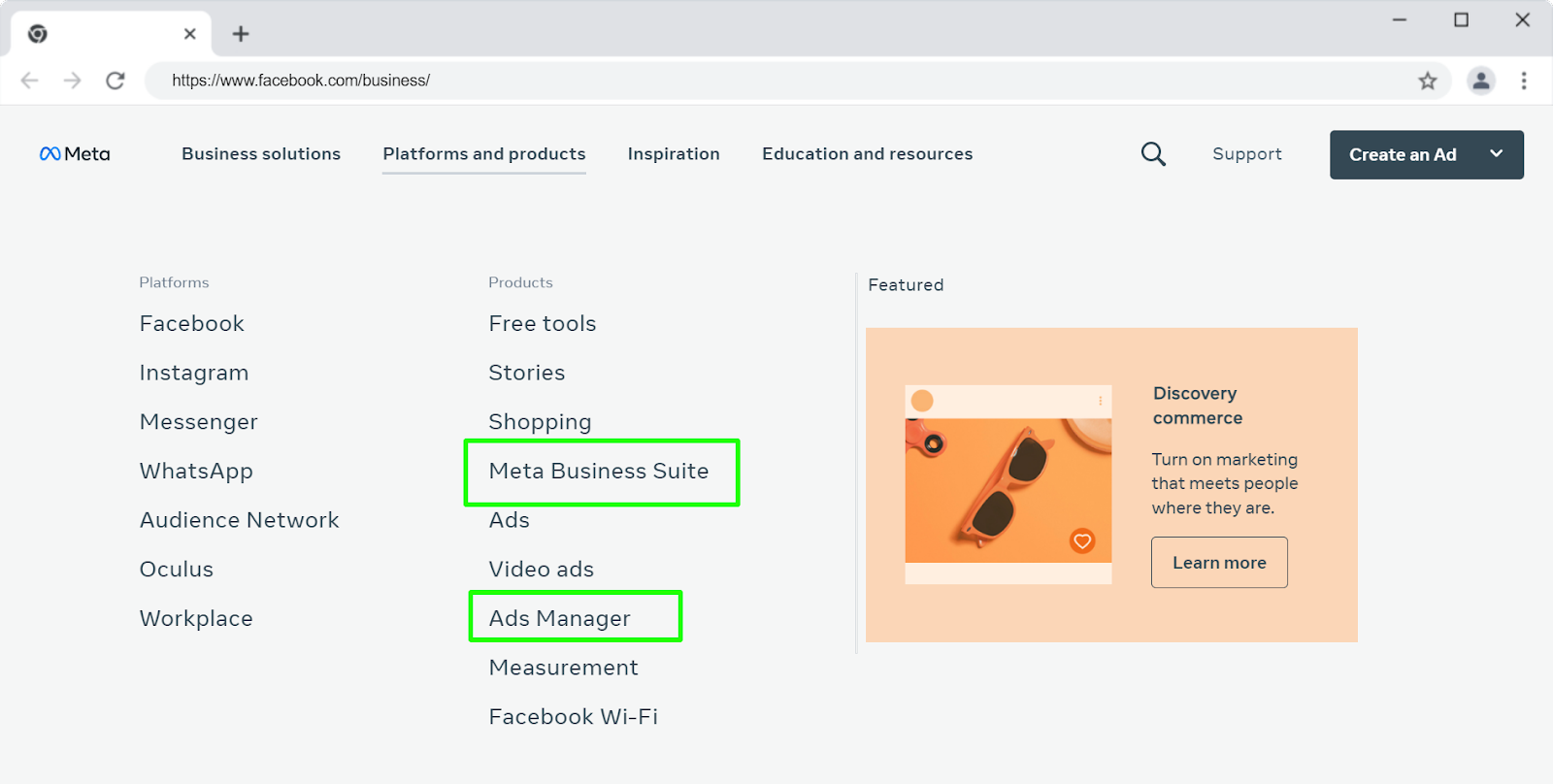
3D Models
Meta AI
- Unlock the power of AI with Meta AI's cutting-edge technology and expert services."
Meta AI
Meta AI tool is a software that utilises meta-learning techniques to train and optimize machine learning models. These tools can be used to automate the process of building, training, and deploying machine learning models, and can be integrated into a wide range of applications, such as natural language processing, computer vision, and robotics.
Some examples of meta-AI tools include:
- AutoML: Automated machine learning platforms that use meta-learning techniques to optimize the model selection, hyperparameter tuning, and feature engineering.
- Neural Architecture Search: Tools that use meta-learning to search for the optimal neural network architecture for a given task.
- Hyperparameter Optimization: Tools that use meta-learning to optimize the hyperparameters of machine learning models, resulting in improved performance.
- Meta-learning libraries: Some libraries such as TensorFlow Meta, PyTorch Meta, and fast.ai provide tools and pre-built models for meta-learning, making it easier for researchers and practitioners to implement meta-learning in their projects.
- Reinforcement Learning Platforms: Some platforms like OpenAI's GPT-3, DALL-E, and DALL-X use meta-learning to optimize the performance of their models in a reinforcement learning to set.

Some key features and benefits of Meta AI include:
- Adaptability: Meta-AI models are able to adapt to new tasks and environments, making them highly flexible and useful in a wide range of applications.
- Less data requirements: Meta-AI models are able to learn from a small number of examples, making them useful in situations where data is scarce.
- Improved performance: Meta-AI models are able to improve their own performance over time, making them more accurate and efficient than traditional machine learning models.
- Transferability: Meta-AI models are able to transfer knowledge from one task to another, making them more generalizable and useful in multiple domains.
- Robustness: Meta-AI models are more robust to changes in data distribution, making them more reliable in real-world scenarios.
- Fewer Hyperparameter tuning: Meta-AI models have less need for Hyperparameter tuning, due to the ability of meta-learning to learn how to learn.

Similar apps

Luma AI
3D Models
3D Models

Kinetix
3D Models
3D Models

Omniverse Audio2Face
3D Models
3D Models

Avaturn
Avaturn: Create High-Quality 3D Avatars for Gaming, Virtual Events & More
Avaturn: Create High-Quality 3D Avatars for Gaming, Virtual Events & More

Replicate Codex
Replicate Codex: Find, Compare & Explore Pre-Trained AI Models for Developers
Replicate Codex: Find, Compare & Explore Pre-Trained AI Models for Developers

Spline 3D
Spline 3D: Easy Web-Based 3D Modeling & Animation Platform for Designers
Spline 3D: Easy Web-Based 3D Modeling & Animation Platform for Designers
Unlock the Potential of AI for Your Business
We offer AI solutions to businesses. Our team of experts uses the latest technology to drive growth and efficiency.

